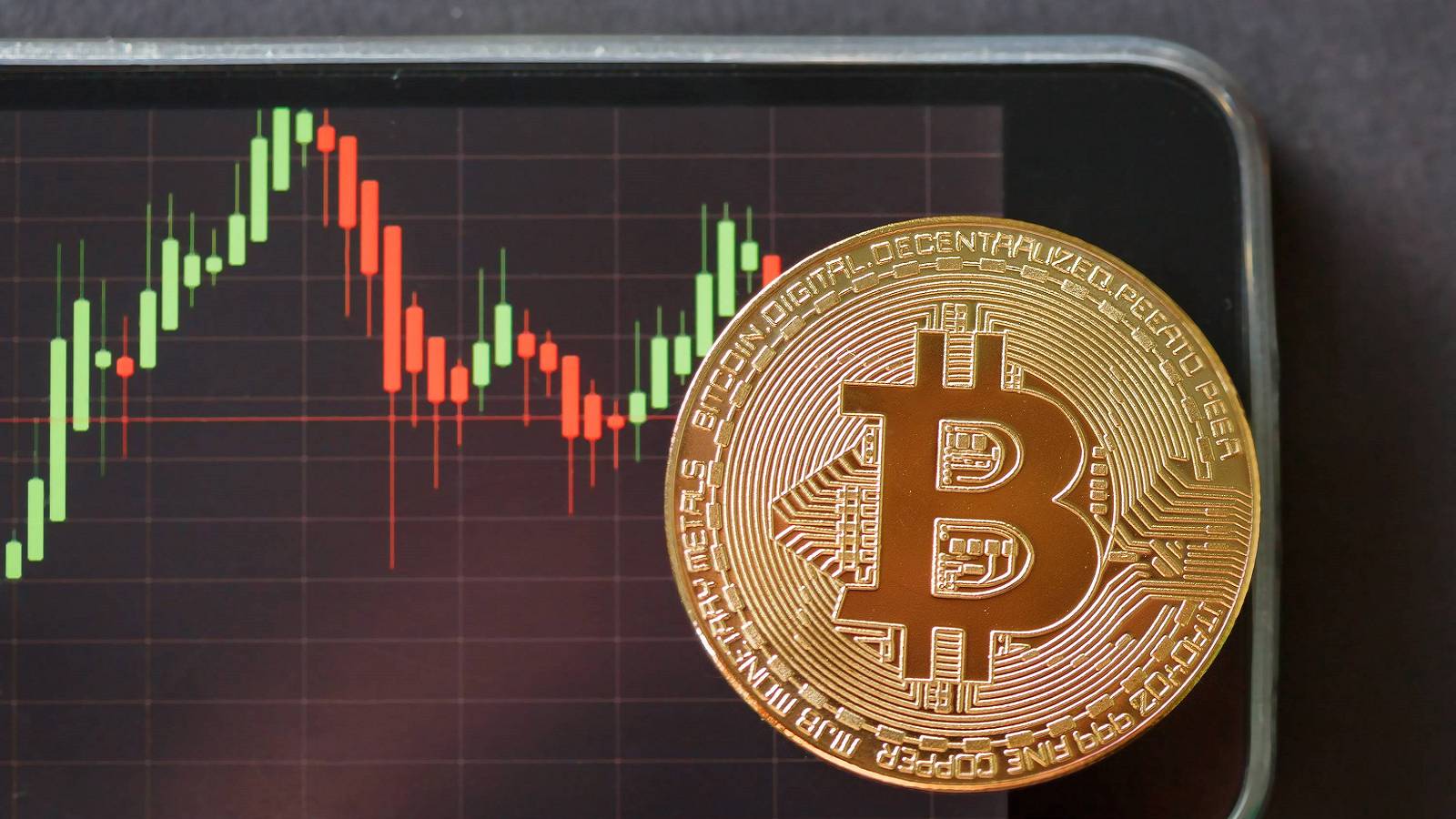Bitcoin Faces Potential Further Decline as Global Liquidity Dips
23.12.2024 14:00 2 min. read Alexander Stefanov
Last week Bitcoin experienced its most significant weekly price drop since August, with a 15% correction.
Analysts suggest that global macroeconomic pressures played a major role in this decline, raising concerns that Bitcoin could face further losses if these conditions worsen.
However, Bitcoin also has internal factors that could provide some resilience in the face of external challenges. One key aspect is the changing dynamics of global liquidity. Recent data reveals that global money supply, or Global M2, has seen a sharp drop of $4.1 trillion over the past two months.
Is Bitcoin overdue for a correction?
In the past, #Bitcoin prices have followed global money supply with ~10 week lag.
As global money supply hit a new record of $108.5 trillion in October, Bitcoin prices reached an all-time high of $108,000.
Over the last 2 months, however,… pic.twitter.com/i80ym4Wu7F
— The Kobeissi Letter (@KobeissiLetter) December 21, 2024
This metric, which tracks the total money supply in circulation worldwide, has been closely correlated with Bitcoin’s price movements. Historically, Bitcoin’s price tends to follow changes in the Global M2 with a delay of about 10 weeks, and experts warn that if the decline in global liquidity continues, Bitcoin prices may face additional downward pressure.
As the money supply fell from a record high of $108.5 trillion in October to $104.4 trillion in December, Bitcoin’s price also retreated, leading some to predict that the cryptocurrency could drop further—by as much as $20,000 in the coming weeks.
-
1
Another Company Joins the Bitcoin Treasury Trend with $384M Funding Plan
24.06.2025 14:00 1 min. read -
2
Is Bitcoin Becoming the New Core Holding for Investors?
16.06.2025 20:00 2 min. read -
3
Bitcoin Below $100K? Veteran Trader Sees It as a Buying Opportunity
25.06.2025 10:00 1 min. read -
4
Real Estate Giant Plans $300M Bitcoin Purchase
22.06.2025 13:00 2 min. read -
5
Bitcoin Dominates Portfolios as Institutional Adoption Surges
25.06.2025 8:00 2 min. read
Trump’s Two big Bitcoin Moves: Key Catalysts or Just Noise for BTC Price?
Two major developments are converging in July that could shape the future of Bitcoin in the United States—both tied to President Trump’s administration and its expanding crypto agenda.
Crypto Inflows hit $1B Last Week as Ethereum Outshines Bitcoin in Investor Sentiment
Digital asset investment products recorded $1.04 billion in inflows last week, pushing total assets under management (AuM) to a record high of $188 billion, according to the latest report from CoinShares.
Saylor’s Strategy Halts Bitcoin Buying After Historic Accumulation
Strategy, the Bitcoin-centric firm formerly known as MicroStrategy, has temporarily paused its regular Bitcoin purchases.
Second Largest Bank in Spain Rolls out in-app Bitcoin and Ethereum Trading
Spanish banking giant BBVA has expanded its digital services by introducing in-app Bitcoin and Ethereum trading and custody for retail clients.
-
1
Another Company Joins the Bitcoin Treasury Trend with $384M Funding Plan
24.06.2025 14:00 1 min. read -
2
Is Bitcoin Becoming the New Core Holding for Investors?
16.06.2025 20:00 2 min. read -
3
Bitcoin Below $100K? Veteran Trader Sees It as a Buying Opportunity
25.06.2025 10:00 1 min. read -
4
Real Estate Giant Plans $300M Bitcoin Purchase
22.06.2025 13:00 2 min. read -
5
Bitcoin Dominates Portfolios as Institutional Adoption Surges
25.06.2025 8:00 2 min. read


